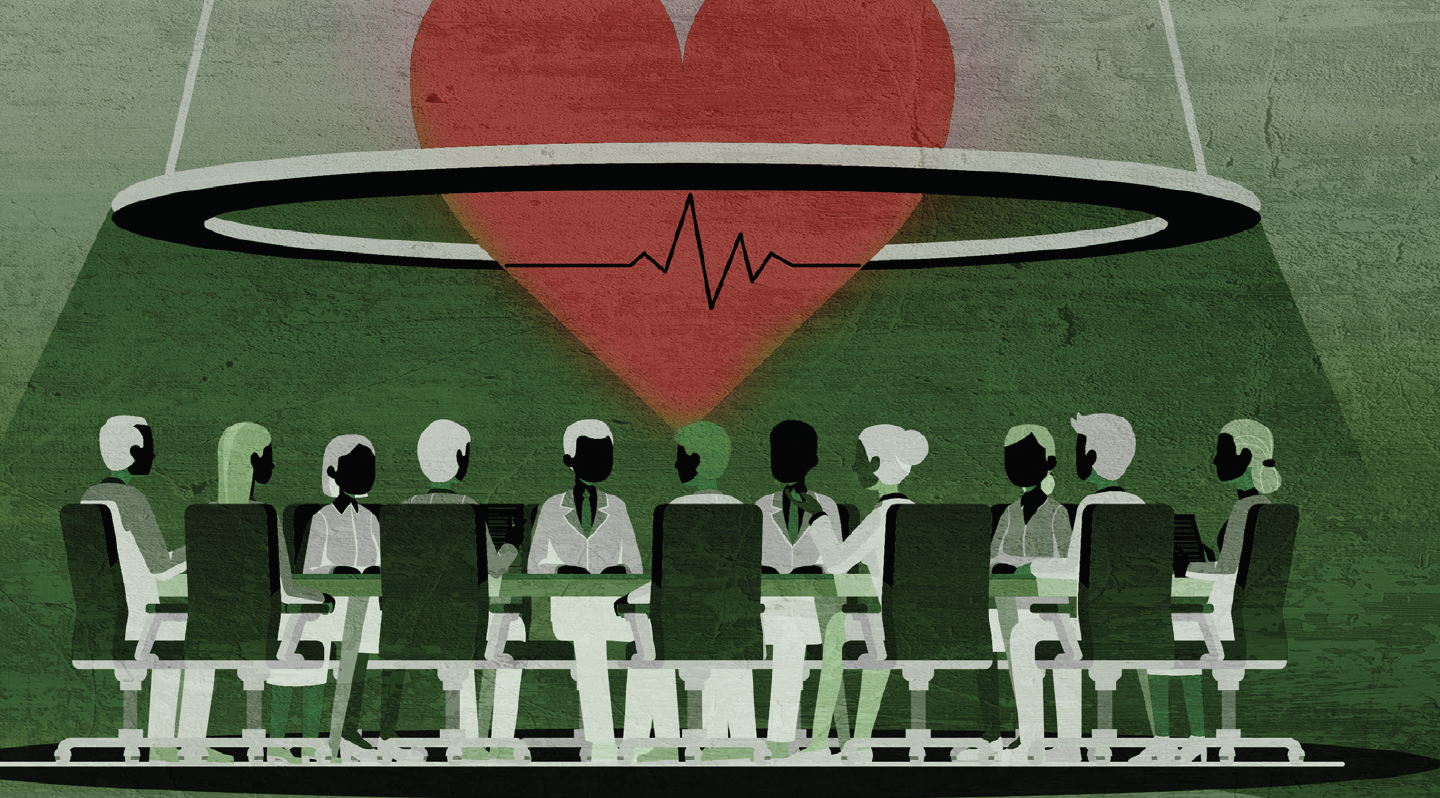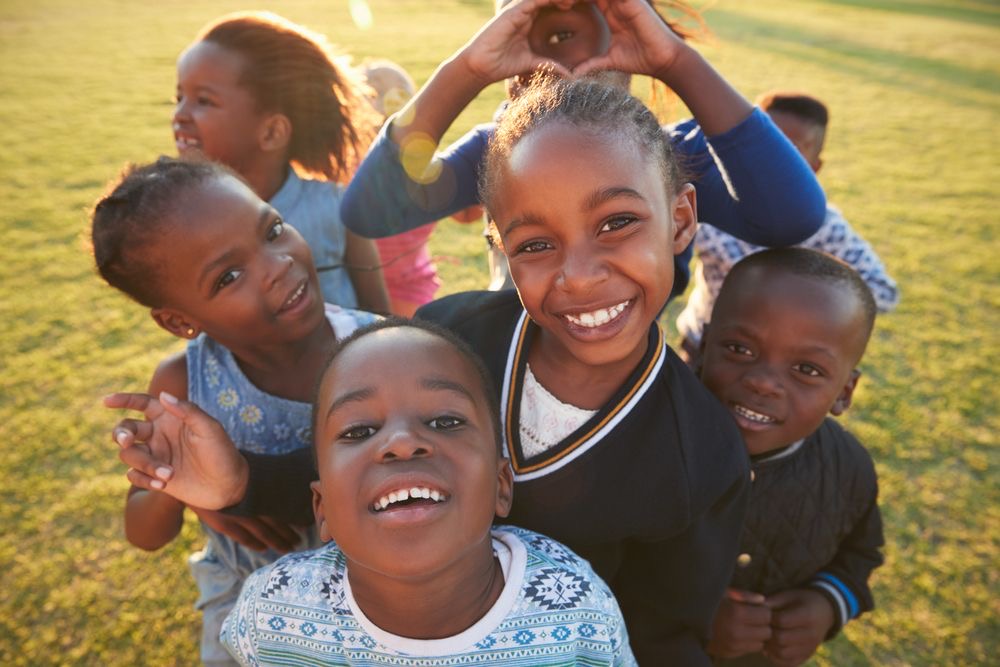Better politics for better health
If health is about saving lives, alleviating suffering and preserving human dignity, so should be the choices made in politics, with people always at the centre of political decisions
People should always be at the centre, and politics and development should allow them to survive and thrive. Shocks and hazards remind us of that fundamental fact, and often reveal the best and the worst in us. They are multidimensional in nature and call for a multi-sectoral response – and health is always part of the solution. The current COVID-19 pandemic is challenging our individual behaviour, our collective attitudes and our political choices.
Never before have there been more discussions on the political determinants of health, the importance of trust, accountability and solidarity, as well as the comparative advantages of democracies versus authoritarian regimes in addressing pandemics or other global challenges. The poor quality and questionable legitimacy of many elections, and the inability of many governments to deliver public goods and services and prepare adequately for crises – be they in the field of health, climate change or food security – have created disillusionment. Against this background, autocratic models of government are competing aggressively with democratic forms of expression.
Threats to electoral democracy and international cooperation are magnified by the manipulation and mobilisation of populations through digital media. The report of the Kofi Annan Commission on Elections and Democracy in the Digital Age, published earlier this year, has highlighted how “disinformation has been weaponised to discredit democratic institutions, and sow societal distrust” and how “social media has proved a useful tool for extremist groups to send messages of hate and to incite violence”. The proliferation of fake news, harmful health advice, conspiracy theories and rumours about COVID-19, which United Nations secretary-general António Guterres calls a “pandemic of disinformation”, closely mirrors this trend. It is no coincidence that the groups most targeted by political disinformation campaigns are also those that reject public health advice on wearing masks and practising social distancing. And just as access to trusted and impartial sources of truth and analysis is vital to ensure that governments are accountable and democracies thrive, fact-based news, media freedom and independent reporting will be key to defeating the pandemic. The Kofi Annan Foundation will work towards implementing the many concrete recommendations made by its report in this regard. Its action with youth leaders to prevent violent extremism also addresses directly the issues of hate speech and disinformation.
The power of women
Likewise, only governments that address the needs of all citizens and ensure that no group is marginalised or disempowered can hope to beat the virus effectively and mitigate its social and economic impacts. Much has been said about the better results achieved in reducing the number of COVID-19 cases and limiting the economic downturn in countries led by female politicians who have consulted widely, communicated clearly and shown empathy. Many barriers prevent effective youth and women’s participation in electoral, political and decision-making processes. The Kofi Annan Foundation will advocate for removing these obstacles as key to ensuring that effective and coherent responses to the current crisis are designed and applied, and better health systems are built. It will shine a light, for instance, on the violence against women in politics that prevent the equal and universal exercise of
their rights.
The COVID-19 pandemic has also laid bare a lack of principled and courageous leadership on the international stage. Although there have been inspiring instances of solidarity, and the scientific community has been exemplary in sharing information and resources, decision-making at national and international levels has been mired in hesitation, scapegoating and acrimony. Multilateral action, already difficult before the crisis, has been weak and haphazard. Populists and demagogues are increasingly rejecting rules-based multilateral cooperation as inimical to the freedom of the nation-state, and contrary to their political ambitions. And yet, as the UN has stressed, “coming out of this crisis will require a whole-of-society, whole-of-government and whole-of-the-world approach”. Kofi Annan’s vision of rules-based cooperation and sustainable solutions founded on transparency, fairness and reciprocity, for which he worked so hard, seems more urgent today than ever, as does his call to bring all stakeholders around the table – including the private sector, local authorities, civil society organisations, academia and scientists. The foundation is carrying forward Kofi Annan’s vision, highlighting the need for new, global and inclusive partnerships.
Health is about caring to save lives, alleviate suffering and preserve human dignity. So should be the choice politics make, shouldn’t it?












